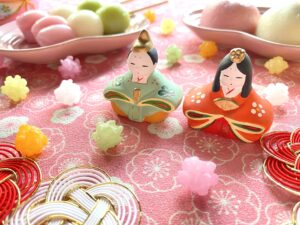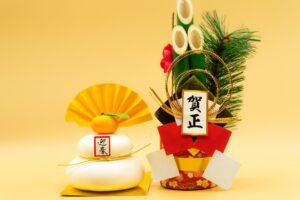“Daisuki” (大好き) is one of the most frequently used Japanese phrases to express love or strong affection. Whether it’s found in romantic relationships, friendships, or media like anime and manga, “daisuki” carries a level of emotional weight that is versatile and impactful. For Japanese learners or cultural enthusiasts, understanding how to use this word properly can deepen your appreciation of the language and make your conversations more natural.
What Does “Daisuki” Mean?
In Japanese, “daisuki” combines “dai” (大), meaning “big” or “great,” with “suki” (好き), which means “to like” or “to be fond of.” When these two words come together, “daisuki” translates as “I really like you” or “I love you.” However, unlike the more serious term “aishiteru” (愛してる), which signifies deep, romantic love, “daisuki” is often used in both romantic and non-romantic contexts.
For example, you might say:
- 友達が大好きです (Tomodachi ga daisuki desu): “I really like my friends.”
- ラーメンが大好き (Rāmen ga daisuki): “I love ramen.”
In romantic contexts, “daisuki” can be a lighter, more casual way of expressing affection compared to “aishiteru,” which is reserved for more profound declarations of love.
The Difference Between “Suki,” “Daisuki,” and “Aishiteru”

While “suki” (好き), “daisuki” (大好き), and “aishiteru” (愛してる) are all ways to express affection in Japanese, each carries different connotations.
- Suki (好き): This term is more like saying “I like you” and can be used in casual conversations. It’s often the first step in expressing romantic interest or fondness for someone or something.
- Daisuki (大好き): This is the next level up, indicating a stronger emotion, as in “I really like you” or “I love you.” It is commonly used between friends, family, or when expressing strong feelings for hobbies, pets, or favorite foods.
- Aishiteru (愛してる): Reserved for serious relationships, “aishiteru” expresses deep, enduring love and is often used between long-term romantic partners. In many cases, Japanese people shy away from using “aishiteru” because it carries such a strong emotional weight.
Culturally, the distinction between these terms is essential. For example, in a relationship, using “daisuki” early on might feel appropriate, while “aishiteru” could be saved for a more meaningful moment, such as after many years together.
How to Use “Daisuki” in Conversations
In everyday conversations, “daisuki” is an excellent way to express affection without the weight of a serious romantic declaration. It’s versatile and can be used in a variety of scenarios, including with family, friends, and romantic partners.
- Formal usage: “大好きです” (daisuki desu). This polite form is appropriate for situations where you need to show respect or maintain formality.
- Casual usage: “大好きだ” (daisuki da) or simply “大好き” (daisuki). These forms are more relaxed and often used among friends or in informal settings.
Examples of usage:
- Friendship: “君が大好きだよ!” (Kimi ga daisuki da yo!): “I really like you, my friend!”
- Romance: “彼女が大好きです” (Kanojo ga daisuki desu): “I love my girlfriend.”
When using “daisuki,” consider the level of intimacy in your relationship with the listener. It works well for conveying affection in both casual and romantic relationships without being too intense.
“Daisuki” in Japanese Media and Culture

The phrase “daisuki” is ubiquitous in Japanese media, particularly in anime, manga, and TV dramas. Characters often use “daisuki” to convey affection, whether in romantic confessions or moments of deep friendship. For example, in romantic anime, you’ll often hear characters say “大好き!” (Daisuki!) as a climactic moment of emotional release.
However, it’s important to note that “daisuki” in media can sometimes feel more dramatic than in real life. In real-world interactions, people tend to use it more subtly, especially in public, where openly expressing emotions can be less common in Japanese culture.
Common Mistakes When Using “Daisuki”
Many learners of Japanese make the mistake of overusing “daisuki” or using it in the wrong context. While it’s a versatile phrase, it may not always be appropriate to use in formal situations or with people you don’t know well. Here are some common pitfalls:
- Overuse in casual settings: Using “daisuki” too frequently can dilute its meaning. For example, telling every friend “daisuki” might come off as insincere.
- Mixing up with “aishiteru”: Avoid confusing “daisuki” with the much stronger “aishiteru.” While “daisuki” can be casual, “aishiteru” is reserved for deep, long-term romantic love.
To avoid these mistakes, try to observe how native speakers use “daisuki” in everyday conversations and media.











